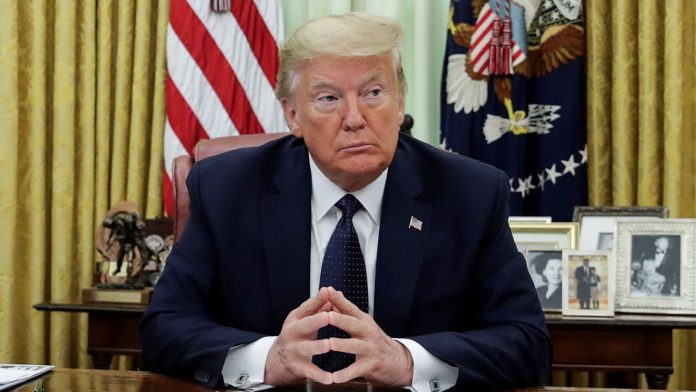The United States, the world’s largest donor, has paused nearly all foreign aid. Emergency food assistance and military support to Israel and Egypt are the only exceptions.
Secretary of State Marco Rubio issued an internal memo shortly after President Donald Trump took office. The move aligns with the administration’s “America First” policy to reduce overseas assistance.
The memo stated:
“No new funds shall be obligated for new awards or extensions of existing awards until each proposed new award or extension has been reviewed and approved.”
The order applies to various types of aid, including development and military funding. It also affects Ukraine, which received billions in military support under former President Joe Biden.
Impact of the US foreign aid freeze
The freeze extends to PEPFAR, a US initiative that provides HIV/AIDS treatment in developing countries, primarily in Africa. Established in 2003 under President George W. Bush, PEPFAR has saved an estimated 26 million lives. It has enjoyed bipartisan support until now.
However, military aid to Israel and Egypt will continue. The US has supported Israel with substantial arms packages, especially after the recent Gaza conflict. Egypt has received defence funding since its 1979 peace treaty with Israel.
Emergency food aid is also exempt, allowing continued assistance during crises in nations like Sudan and Syria.
Concerns from lawmakers
Democratic lawmakers have raised alarms over the potential consequences. Representatives Gregory Meeks and Lois Frankel warned that millions rely on programmes like PEPFAR. They highlighted that over 20 million people depend on its HIV treatment, while 63 million rely on US-backed anti-malaria initiatives.
“For years, Republicans in Congress have criticised the lack of US credibility compared to China, Russia, and Iran,” Meeks and Frankel noted. “Now, we risk abandoning our commitments to international partners.”
The US has used foreign aid to assert its global influence, contrasting its approach with China’s resource-driven policies.
Congress, which allocates foreign aid, may push for its continued implementation despite the freeze.
Reviewing assistance
The memo allows the State Department to approve exceptions and cover administrative expenses temporarily. It also requires a comprehensive review of all aid programmes within 85 days.
Rubio defended the move, citing the need to assess whether existing aid aligns with President Trump’s foreign policy goals. The review aims to ensure efficiency and prevent overlap.
The role of foreign aid in US foreign policy
In 2023, the US contributed over $64 billion in overseas development assistance, according to the Organisation for Economic Co-operation and Development (OECD). Although it is the largest donor by volume, several European countries contribute more relative to their economies.
Earlier, President Trump had issued an executive order suspending aid for 90 days. However, implementation details remain unclear.
Oxfam America criticised the cuts, highlighting the importance of US foreign assistance.
“Foreign aid accounts for just one percent of the federal budget,” said Oxfam America President Abby Maxman. “It saves lives, treats diseases, educates children, and reduces poverty.”
“Reducing these programmes risks life-threatening consequences for countless children and families in crisis,” Maxman added.
